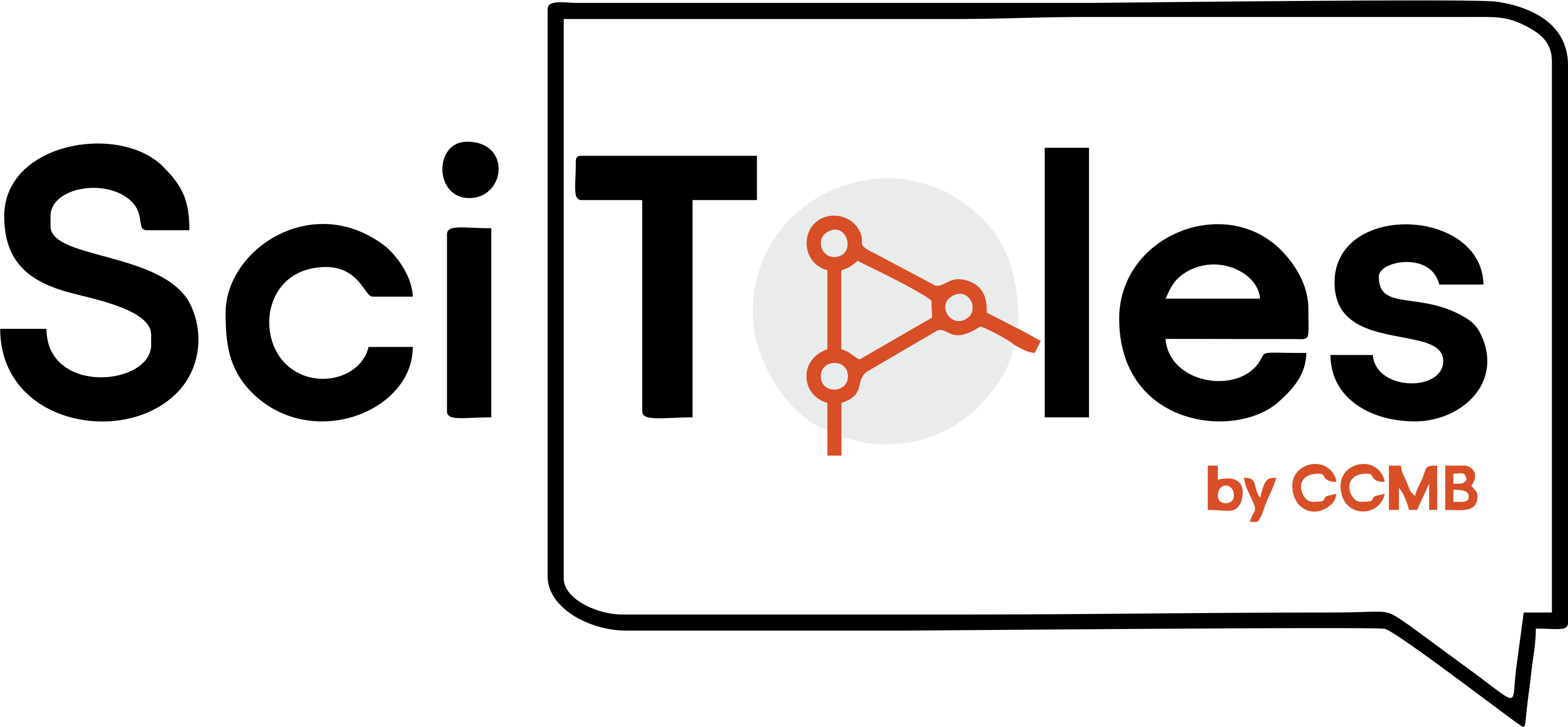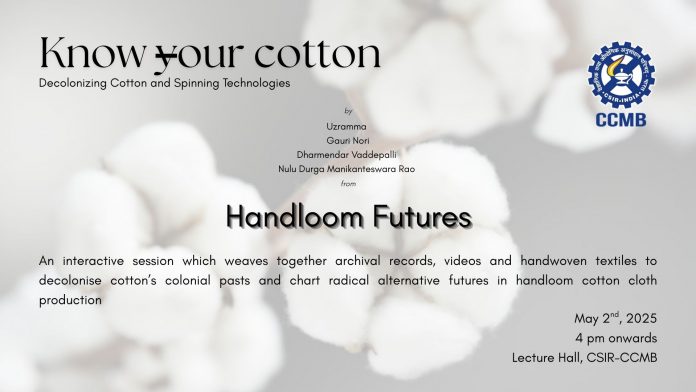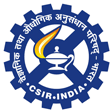While hand ginning and spinning techniques could adapt to diverse indigenous cotton varieties, the mechanization of cotton processing was based on a single variety of cotton grown on colonial plantations in America. When Lancashire mills faced acute cotton supply shortages during the American Civil War, colonial traders lobbied to source cotton from India.
Through a critical reading of colonial archives, this presentation will trace the extraction of knowledge from artisanal communities and into colonial industry. Using colonial botanical documentation, trade records and news reports, the presentation will highlight the role that American cotton and British spinning technologies played in the transformation of Indian economy, society, and ecology.
To unweave colonial ruptures, Uzramma sought to link local networks of cotton farmers to handloom weavers through the radical introduction of decentralized cotton yarn spinning. Facilitating knowledge exchanges between local farmers, spinners, dyers, weavers, and customers helped to build resilient knowledge infrastructures, articulated as a Handloom Knowledge Commons.
Textile artisans Dharmendar and Manikanta will set up yarn and textile installations to teach participants how to read textiles; upturning knowledge hierarchies created between those who name their knowledge (producing texts) versus those who perform knowledge in their bodies (producing textiles). The installations will exhibit material interventions carried out by artisanal cotton textile collectives that resulted in successfully repurposing colonial technologies to promote indigenous cottons and serve the interests of local artisanal communities.
Join us for an interactive session which weaves together archival records, videos and handwoven textiles to decolonise cotton’s colonial pasts and chart radical alternative futures in handloom cotton cloth production on the 2nd of May.


